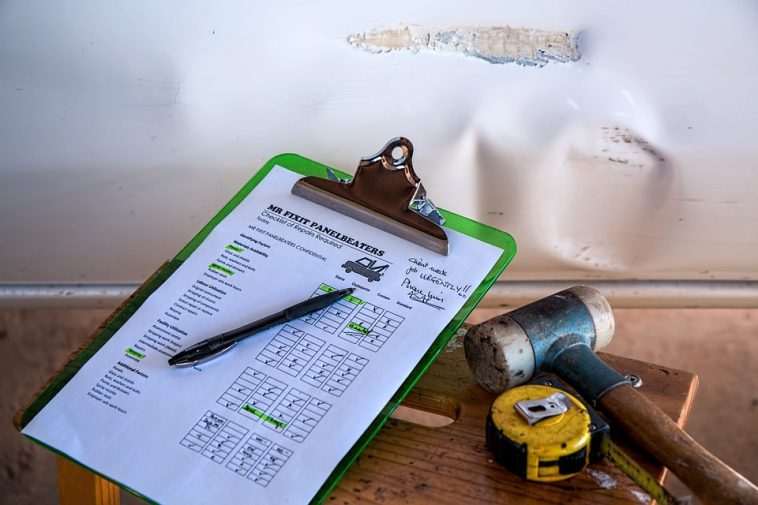The climate disaster in Africa and Asia left many people poorer than before. A big insurance program started on 18th January 2018 to help those affected. The number of those affected is 4 million people. The insurance program covers droughts in Mali, Malawi, Cambodia, Kenya, and Zambia. The program will support a larger number of women farmers and their families.
Asian and African countries are prone to the effects of natural calamities. Climatic changes are also problems in those areas. There is a call to organizations to come and offer a helping hand to the countries affected. InsuResilience Investment Fund handles the funding of the scheme. The main aim of the scheme is to reduce the vulnerability of small businesses. Also, the low-income households in the affected regions have to be given hope to see the next day.
The African and Asian Resilience in Disaster Insurance Scheme (ARDIS) is a participant. VisionFund International and the microfinance arm of development charity World Vision also runs it. Global Parametrics also leads the group. German and British government supports the Global Parametrics.
The VisionFund clients are the largest beneficiaries of the scheme. The 80% of them are women. There will be funding from VisionFund’s microfinance funders. This will be in case of drought or drop in soil moisture. The funders are Global Parametric and the InsuResilience Investment Fund. The VisionFund’s network gives farmers loans on special terms. The loans help them recover from a disaster. That comes when financial lenders are not willing to cash out their money. They believe that they tend to risk their money.
The loans help to protect the families from drought or disasters. This helps families to have a meal, take children to school, and avoid migrating to the cities in search of jobs. At times the affected families tend to sell their properties to survive, the loan stops that. The scheme is planning to expand to cover floods in 2018. The G7 aims at increasing the number of vulnerable people. Vulnerable people should get access to direct or indirect insurance against climate disaster. The number is expected to go up to 400 million by 2020.
Insurance tends to solve compensate farmers and their communities in crisis. But it’s not the best and long-term solution. Farmers need better storage facilities, markets, improved seeds, and irrigations. They also need the education to help them earn more and be in a position to withstand floods and drought. Insurance thus doesn’t reduce risk.



